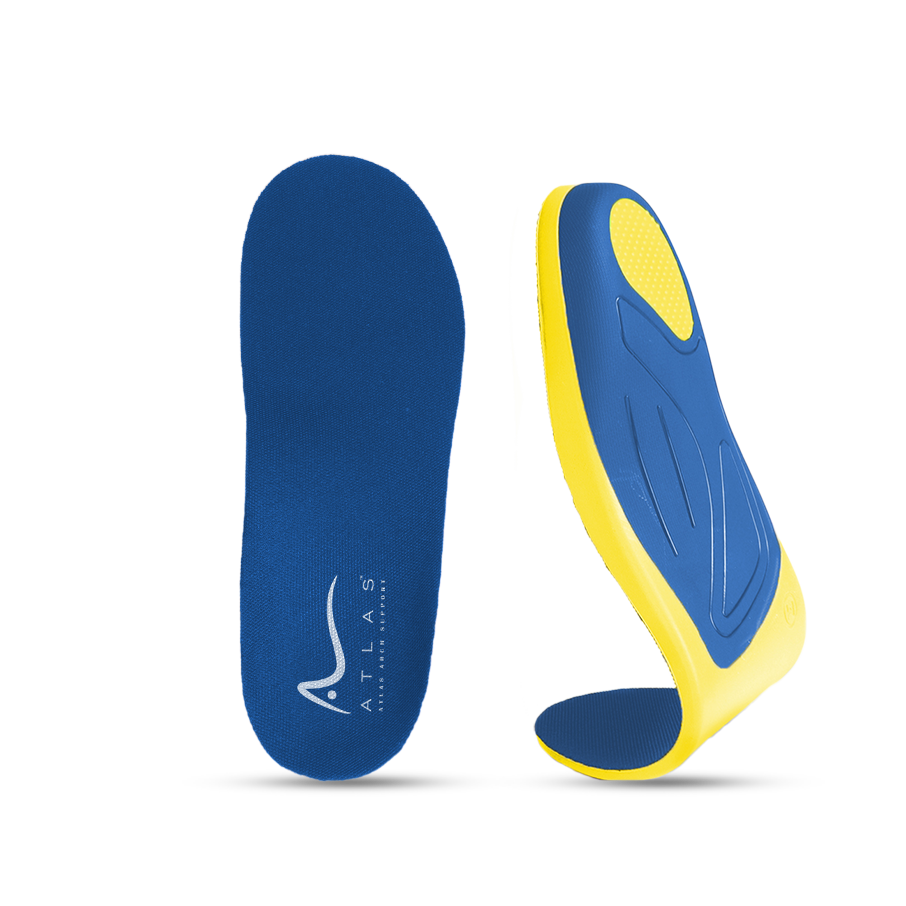Gout, a type of inflammatory arthritis, emerges from the accumulation of urate crystals in the joints, leading to severe pain and discomfort, primarily in the big toe. This condition, rooted in hyperuricemia or excess uric acid in the body, can disrupt lives with its sudden, intense flare-ups. Our comprehensive guide explores gout's causes, symptoms, and effective management strategies, offering hope and actionable advice for those affected.

Causes of Gout
The primary culprit behind gout is hyperuricemia, where the body either produces too much uric acid or excretes too little. This excess uric acid forms sharp, needle-like crystals in a joint, sparking inflammation and intense pain. Factors contributing to elevated uric acid levels include diet, obesity, certain medical conditions, genetic predisposition, age, gender, and certain medications.
Risk Factors
- Diet: Consumption of foods rich in purines, like red meat and certain seafood, along with fructose-sweetened drinks and excessive alcohol, can raise uric acid levels.
- Obesity: Higher body weight can increase uric acid production and decrease its elimination.
- Medical Conditions: High blood pressure, diabetes, metabolic syndrome, and certain chronic diseases can impair the body's ability to manage uric acid.
- Family History: A genetic predisposition to gout can increase your risk.
- Age and Gender: Gout is more common in men aged 30 to 50 and postmenopausal women.
- Medications: Some drugs, including diuretics and low-dose aspirin, can elevate uric acid levels.
Symptoms of Gout
Gout's hallmark is sudden, severe joint pain, often starting at night. The affected joint may feel hot, swollen, and extremely tender, with symptoms peaking within the first 12 to 24 hours. While the big toe is a frequent target, gout can affect various joints, including the ankles, knees, wrists, fingers, and elbows. Chronic gout can lead to more persistent discomfort and joint damage.

Managing and Treating Gout
Medications
The treatment of gout may involve various medications to relieve the symptoms of acute attacks, prevent future attacks, and reduce the risk of complications. These medications include:
- Nonsteroidal Anti-Inflammatory Drugs (NSAIDs): These are often the first line of treatment for acute gout attacks and can help reduce inflammation and pain. Examples include ibuprofen, naproxen, and indomethacin. For those who cannot take NSAIDs, colchicine may be prescribed.
- Colchicine: This medication is effective in reducing gout pain. It's particularly useful when NSAIDs are contraindicated but can have side effects like nausea and diarrhea.
- Corticosteroids: These can control gout inflammation and pain. They can be taken orally or injected into the inflamed joint.
- Uric Acid-Lowering Therapy: Medications such as allopurinol, febuxostat, and probenecid help lower the levels of uric acid in the blood, preventing future gout attacks. These are typically used for long-term management and are not used to treat acute attacks.
Lifestyle and Home Remedies for Managing Gout
Living with gout can be challenging, but making certain lifestyle changes and adopting home remedies can significantly reduce the severity of symptoms and the frequency of flare-ups. Here are some effective strategies:
1. Dietary Adjustments
A key factor in managing gout is to modify your diet to avoid foods high in purines, which can increase uric acid levels in the body. Foods to limit or avoid include red meat, organ meats, certain types of seafood (like anchovies, sardines, mussels, and scallops), and sugary beverages. Instead, focus on eating plenty of fruits, vegetables, whole grains, and lean protein sources.
2. Stay Hydrated
Drinking plenty of fluids, especially water, helps to flush uric acid from your body and reduce the risk of gout attacks. Aim for at least 8 to 10 glasses of water a day, and limit your intake of alcoholic beverages, especially beer, which can increase uric acid levels.
3. Maintain a Healthy Weight
Being overweight increases the risk of gout. Losing weight can reduce uric acid levels and reduce the strain on your joints. Aim for gradual weight loss through a balanced diet and regular exercise, as rapid weight loss can temporarily increase uric acid levels and worsen symptoms.
4. Exercise Regularly
Regular exercise can help maintain a healthy weight and improve overall health, but it's important to avoid intense exercise routines that could trigger a gout attack. Low-impact exercises, such as walking, swimming, or cycling, are beneficial.
5. Limit Alcohol and Sugary Beverages
Alcohol, especially beer, and drinks sweetened with high-fructose corn syrup can increase uric acid levels. Limiting or avoiding these can help manage gout symptoms.
6. Consider Vitamin C
Some studies suggest that vitamin C may help lower uric acid levels. Before starting a vitamin C supplement, discuss it with your healthcare provider to ensure it's safe for you.
7. Manage Stress
Stress can exacerbate gout symptoms. Techniques such as deep breathing, meditation, yoga, or other relaxation practices can help manage stress levels.
8. Use Ice and Rest
During a gout attack, applying ice to the affected joint and resting it can help reduce inflammation and pain.
Surgical Treatment
In rare cases, surgery may be necessary to remove large tophi (deposits of urate crystals) that cause pain, deformity, or interfere with joint function. Surgical treatment is considered when tophi are not resolved with medical therapy.
Complementary Therapies
Some people find relief from complementary therapies like acupuncture, which may help reduce pain and inflammation, though these should not replace conventional treatments.
Monitoring and Follow-Up
Regular follow-up with a healthcare provider is important to monitor uric acid levels, adjust medications as needed, and assess for any complications of gout, such as kidney stones or joint damage.
Conclusion
Gout doesn't have to control your life. With an understanding of its causes, symptoms, and management strategies, you can effectively navigate this condition. Early diagnosis and proactive management are crucial for maintaining a healthy, active lifestyle free from gout's grip. Consult with a healthcare provider for a tailored treatment plan and take the first step towards reclaiming your health.




